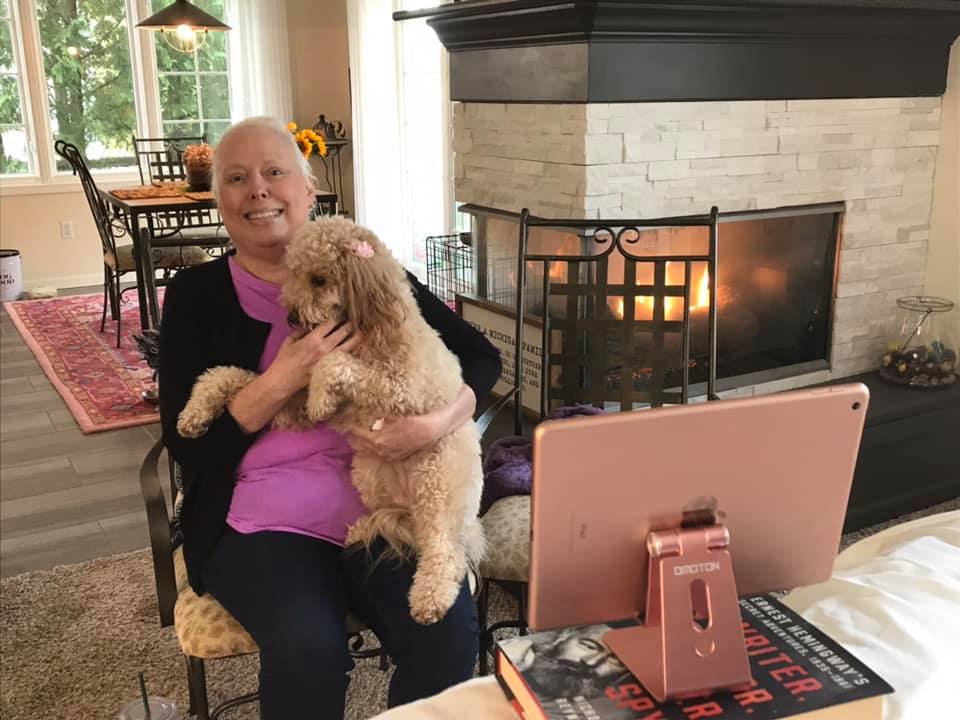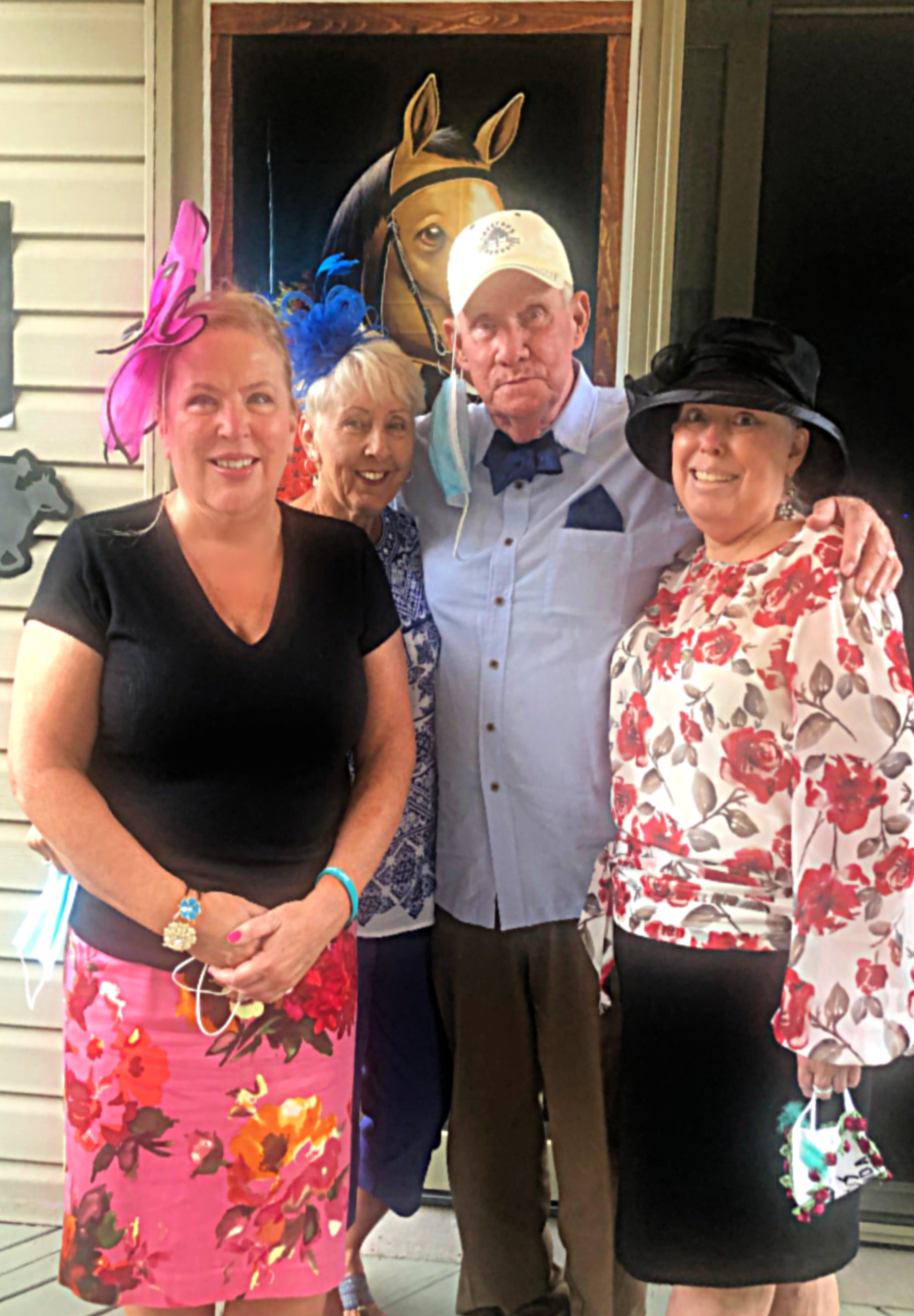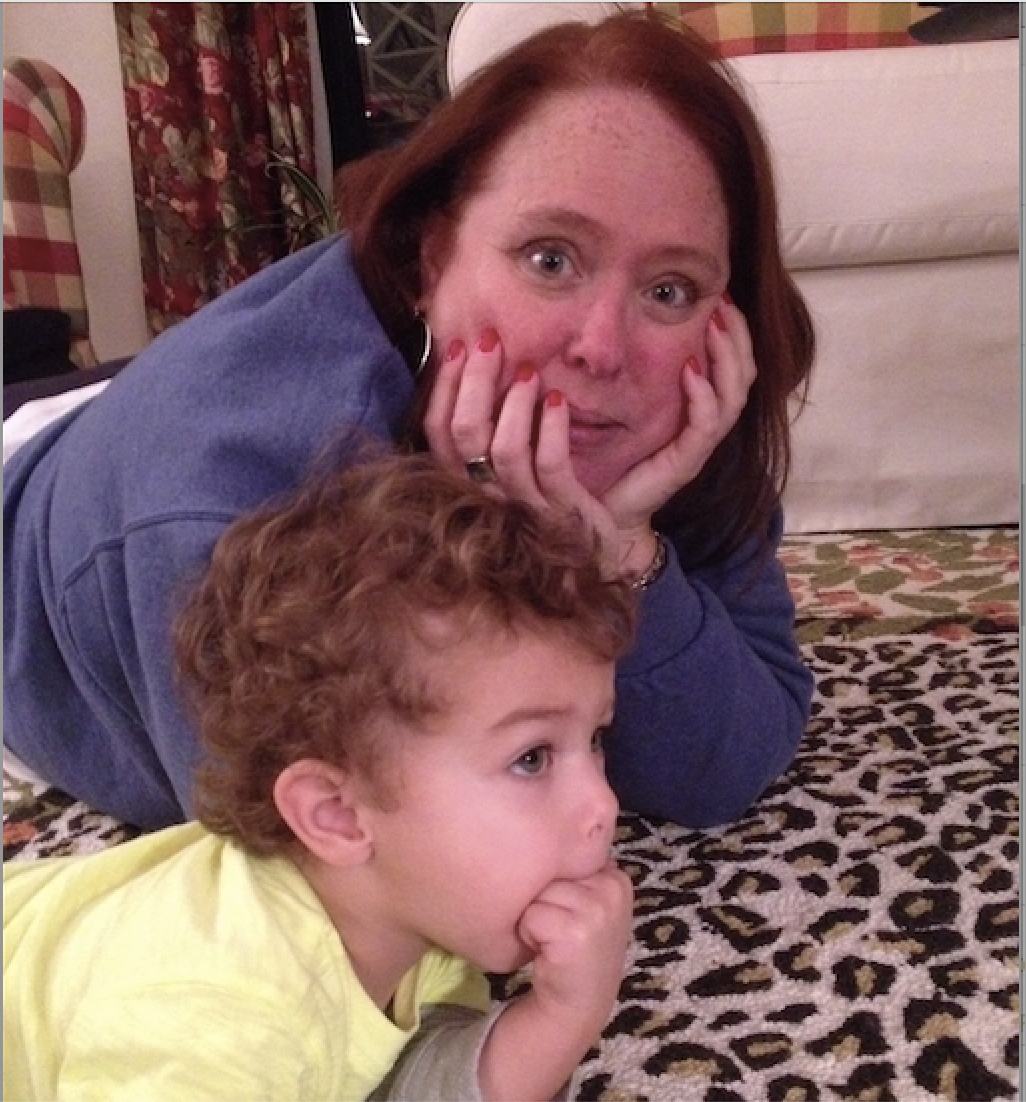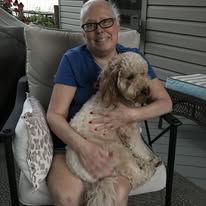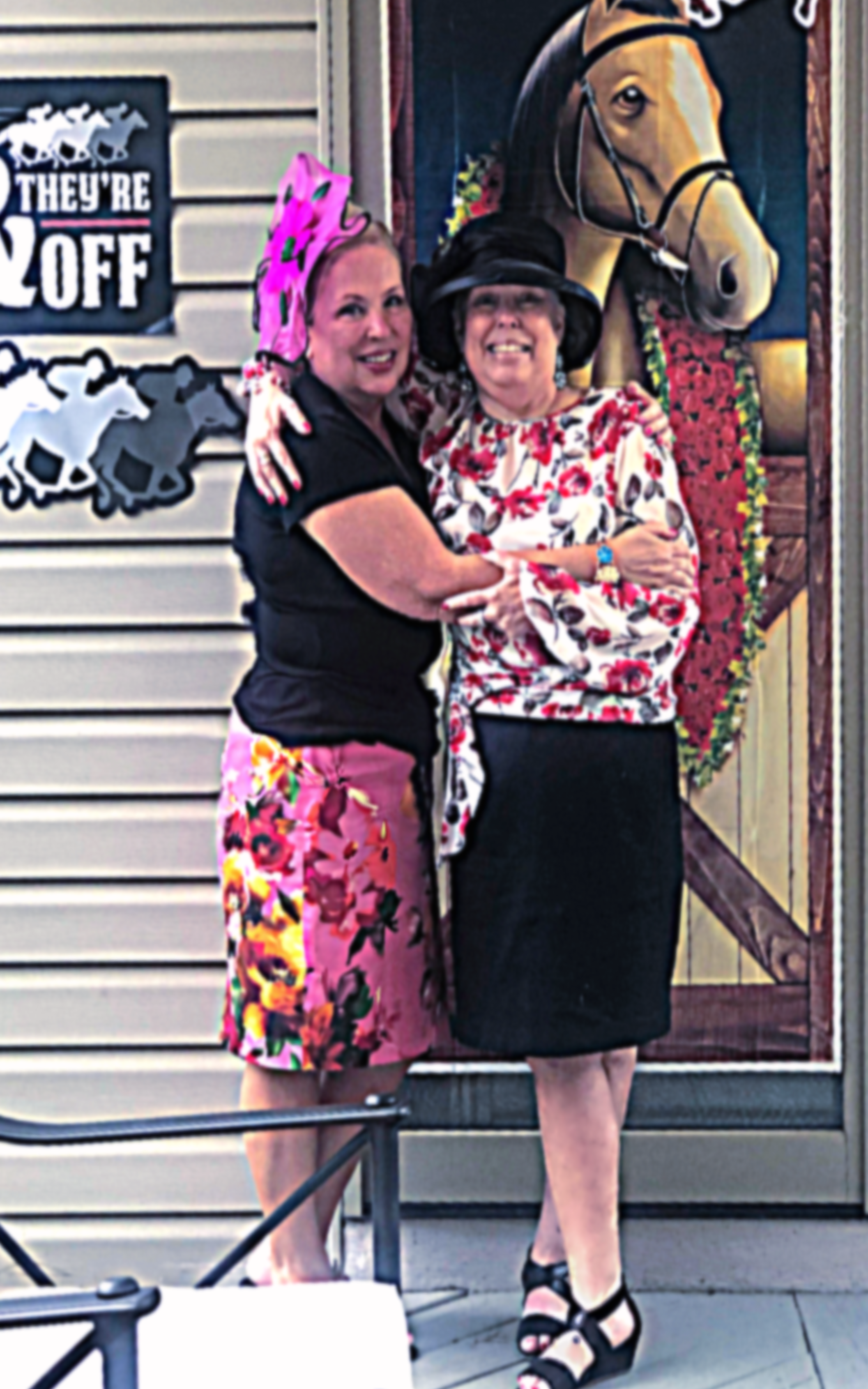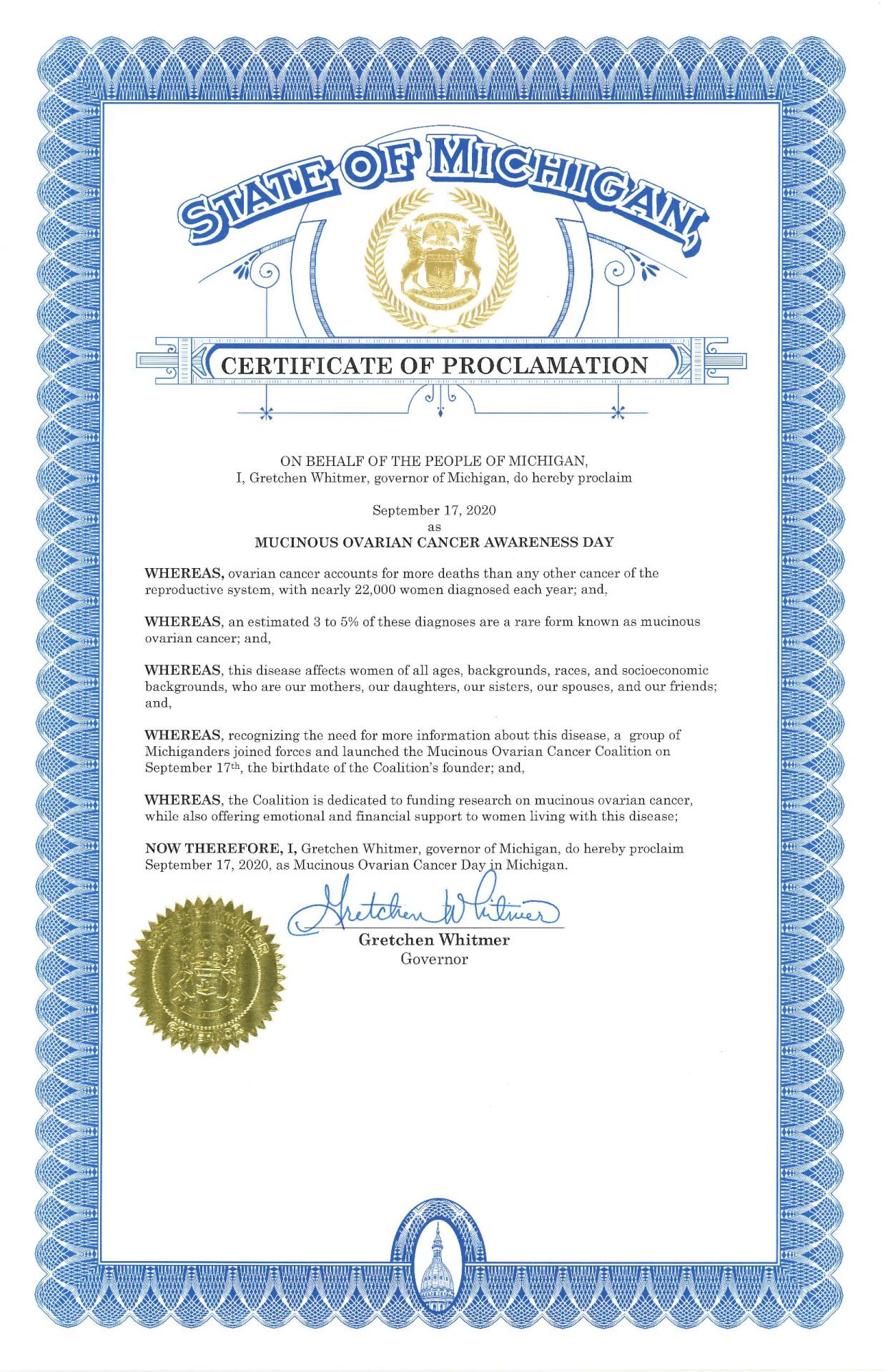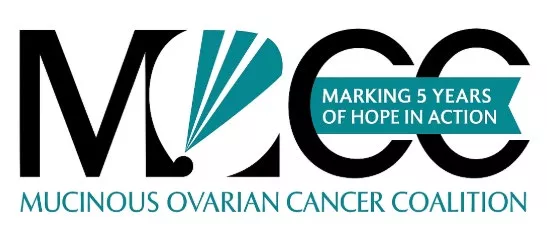Remembering
Rhonda
1964–2020
This is the cancer journey of our late founder,
Rhonda, as shared by her family.
If you’ve been with us for a while, chances are good you’ve
heard Rhonda’s name mentioned before. MOCC was launched on her birthday in
September 2020. She was and is the inspiration for our organization.
Unfortunately, Rhonda’s cancer journey ended much sooner than expected. Just
six weeks after our launch, one year after her diagnosis.
Rhonda’s story is one of resilience and courage.
The Diagnosis and Journey
Rhonda’s naturally sunny disposition and fighting spirit made
it hard for people to see the struggles she faced each day. Her journey was
difficult, with setbacks and complications at every turn, beginning with her
diagnosis.
Within hours of a routine physical, which she had faithfully
each year, Rhonda’s primary care doctor called with the news that her blood work
had detected some potentially serious abnormalities. They asked her to return
right away for follow-up testing.
A CT of her abdomen revealed ascites—a considerable amount of
it. While Rhonda had been losing weight in recent months, her clothing was
actually feeling tighter in the waist. She’d been fatigued, too, which was very
unusual for her. Like many women, she’d chalked it up to a busy life and a hectic
career, doubting that it was anything serious.
One by one, potential conditions/diseases were eliminated,
until ovarian cancer started to loom large. She went for an ultrasound, which
her regular gynecologist told her showed only signs of past fibroids. We all
breathed a sigh of relief.
That reprieve would be short-lived. The next day, the
radiologist called her directly to tell her that he strongly disagreed with her
gynecologist’s assessment. He believed there was a very strong possibility that
she had ovarian cancer and referred her to a GYN oncologist. During an
appointment the next day, our worst fears were confirmed. A series of biopsies
and a paracentesis to drain the ascites followed.
A complete hysterectomy was quickly scheduled. In the intervening
days, Rhonda spent time with her family and friends. She’d been running a fever,
and the surgeon wanted to isolate her at home to avoid further exposure to any
bugs that might delay her operation. So, the day before her surgery, 50 of her
loved ones gathered on her front lawn, flash-mob style, to dance and cheer her
on.
But the surgery would not be a success. Due to complications
during the complex procedure, the GYN oncologist was unable to remove all the
cancer, and a team of GI surgeons was called in to assist. Rhonda was left with
a nonhealing 9″ incision and an unexpected ostomy.
Rhonda endured much, from hemorrhaging overnight after she
first returned home to multiple infections (one of which led to a week-long
stay in the ICU), life-threatening blood clots, and difficulties with the
ostomy. All amidst the COVID-19 pandemic, which made traveling to receive a second
opinion impossible.
Within weeks of her initial surgery, Rhonda had a port-a-cath
put in and began a grueling regimen of FOLFOX chemotherapy. She had six rounds,
with no progress in eliminating the disease. Her plan of care changed from
curative to maintenance chemo every other week to try to prolong her life. She
lost all of her hair and developed extreme neuropathy that put her at high risk
for falls, among other side effects.
An Unexpected Goodbye
Early on the morning of October 29, 2020, almost one year to
the day since her diagnosis, Rhonda woke up in excruciating pain. We thought it
was likely an injury related to a bad fall she’d had the day before. But as
Rhonda’s pain tolerance was very high, we believed it must be serious. An
ambulance transported her to a local trauma center.
Little did we know, that morning would be her last. Scans
revealed she had a perforated bowel, and because of her advanced state of
disease, surgery wasn’t an option. Rhonda passed away that evening in the
hospital, surrounded by her stunned and devastated family.
